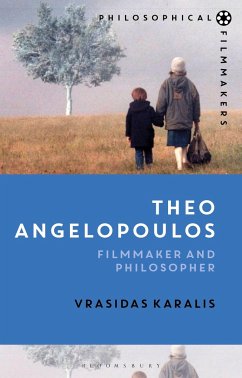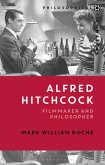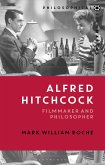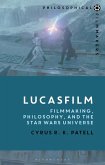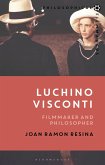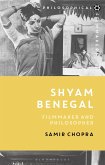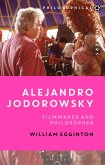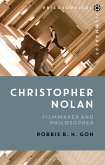The cinema of Theo Angelopoulos is celebrated as challenging the status quo. From the political films of the 1970s through to the more existential works of his later career, Vrasidis Karalis argues for a coherent and nuanced philosophy underpinning Angelopoulos' work. The political force of his films, including the classic The Travelling Players (1975), gave way to more essayistic works exploring identity, love, loss, memory and, ultimately, mortality. This development of sensibilities is charted along with the key cultural moments informing Angelopoulos' shifting thinking. From Voyage to Cythera (1984) until his last film, The Dust of Time (2009), Angelopoulos' problematic heroes in search of meaning and purpose engaged with the thinking of Plato, Mark, Heidegger, Arendt and Luckacs, both implicitly and explicitly. Theo Angelopoulos also explores the rich visual language and 'ocular poetics' of Angelopopulos' oeuvre and his mastery of communicating profundity through the everyday. Karalis argues for a reading of his work that embraces contradiction and celebrates the unsettling questions at the heart of his work.
Hinweis: Dieser Artikel kann nur an eine deutsche Lieferadresse ausgeliefert werden.
Hinweis: Dieser Artikel kann nur an eine deutsche Lieferadresse ausgeliefert werden.

